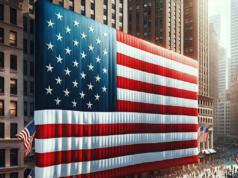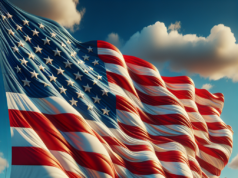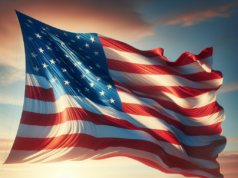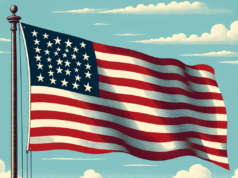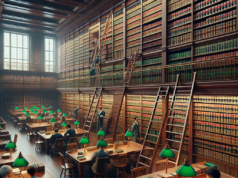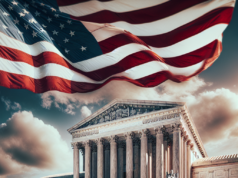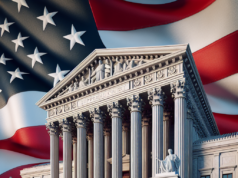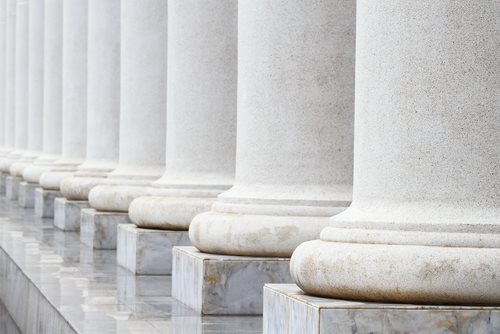 The Background of Engle v. Vitale (1962)
The Background of Engle v. Vitale (1962)
In 1962 within New Hyde Park, New York – a village on Long Island – the public school system introduced a required prayer to be recited prior to lessons; furthermore, the school district required that all students participate in the prayer. The prayer read as follows: “Almighty God, we acknowledge our dependence upon Thee, and we beg Thy blessings upon us, our parents, our teachers and our country. Amen.” Many students, in addition to supplementary coalitions existing in New Hyde Park maintained that the incorporation of religion into publically-funded, governmental institutions was prohibited:
The Establishment Clause within the 1st Amendment of the Constitution strictly prohibits the establishment of any supplemental legislation or statutory law that joins the interests of religious bodies with interests of the general population
The 1st Amendment also requires the ‘Separation of Church and State’ – both the government, as well as publically funded institutions, are prohibited from placing the interest of any institution or agency over those of the general populace of citizens
The Case Profile of Engle v. Vitale
The following is a case profile of the legal trial eponymously titled ‘Engle v. Vitale’:
Date of the Trial: April 3rd, 1962
Legal Classification: Administrative Law; this legal field associated with events and circumstances in which the Federal Government of the United States engages its citizens, including the administration of government programs, the creation of agencies, and the establishment of a legal, regulatory federal standard
Accused Criminal Activity: The following criminal activity and charges were cited by Steven I. Engel against William J. Vitale within the appeal brought forth subsequent to the initial ruling:
The students enrolled within the New Hyde Park public school system explained that required prayer was in direct violation of their collective 1st Amendment Rights
United States Reports Case Number: 370 U.S. 421
Date of the Delivery of the Verdict: June 25th, 1962
Legal Venue of Engle v. Vitale: The Supreme Court of the United States
Judicial Officer Responsible for Ruling: Chief Justice Earl Warren
Involved Parties: The following are the parties named with regard to their involvement in the Engle v. Vitale case:
Steven I. Engel; Plaintiff – Engle v. Vitale
William J. Vitale; Defendant – Engle v. Vitale
Verdict Delivered: The Supreme Court ruled in favor of the students and against the New Hyde Park School System explaining that required prayer was indeed in violation of the 1st Amendment Rights entitled to any and all citizens of the United States. The ruling expressed that students who wished not to participate in the prayer were entitled to leave the classroom during the time of prayer or remain silent during its recitation.
Associated Legislation with regard to Engle v. Vitale: The following statutory regulations were employed with regard to the Engle v. Vitale trial:
With regard to the freedom of expression, the 1st Amendment this statute reinforces the expressed ‘freedom of assembly’, which allows individuals the autonomy and agency to make personal decisions in accordance to legality and legislation

